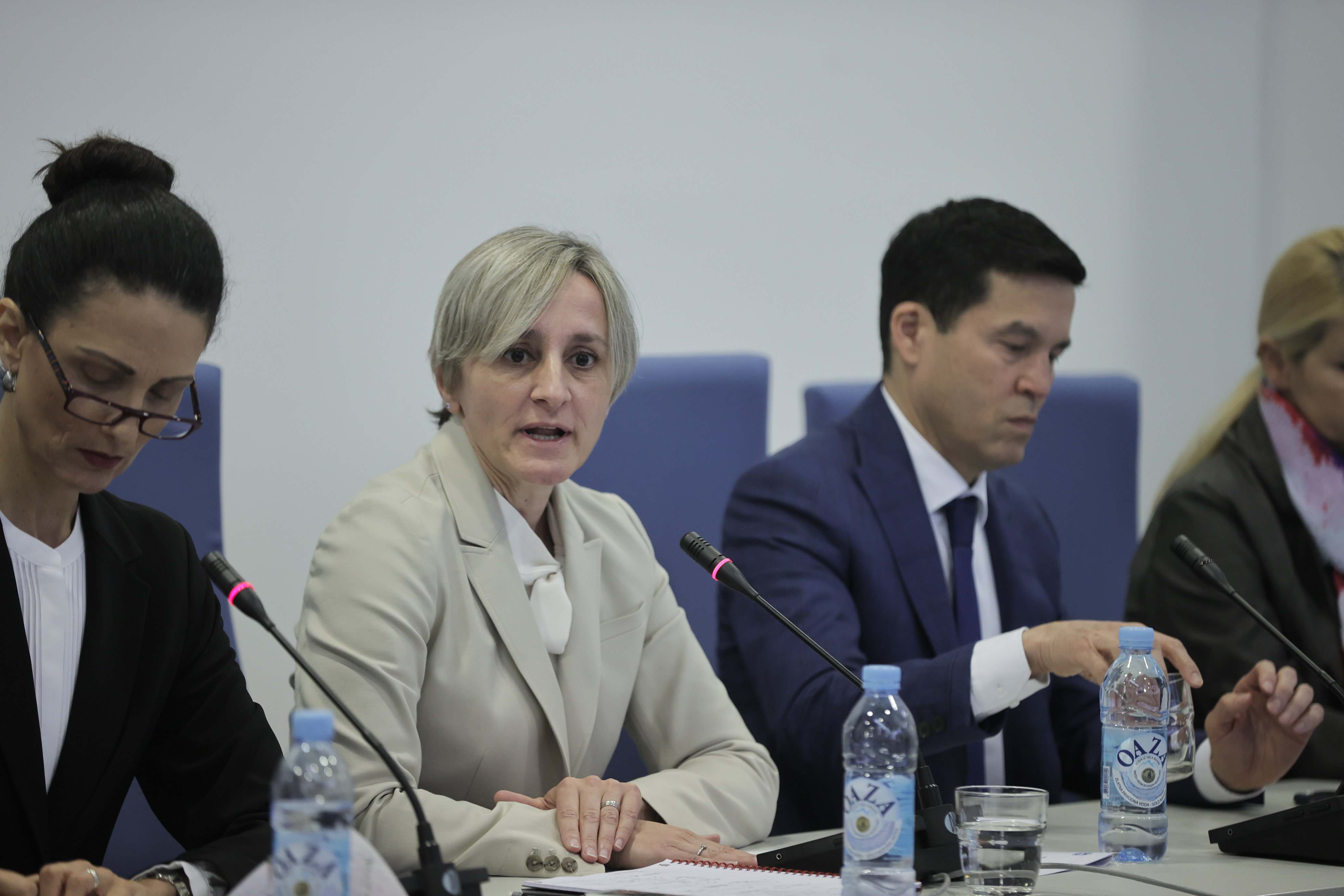IMF suggests Bosnia should raise interest rates to combat inflation

The International Monetary Fund (IMF) finds it necessary to raise interest rates in Bosnia and Herzegovina, and that the Central Bank should take the first step in that direction with the aim of reducing the large gap that currently exists between interest rates in BiH and the Eurozone, IMF delegation said during a Tuesday press conference in Sarajevo.
Oglas
The delegation led by Head of IMF Mission to Bih Alina Iancu stayed in the country May 10–23 for the 2023 Article IV consultation with BiH.
“Bosnia and Herzegovina’s (BiH) economy is slowing, while inflation, although declining, remains high. Growth declined to 3.9 percent in 2022 from 7.4 percent in 2021 and is projected to decelerate further to 2 percent this year. Inflation peaked at 17.4 percent y/y in October and has since been on a declining trend. Inflation is projected to fall to 6 percent on average in 2023, in line with falling international food and energy prices. However, inflation excluding food and energy prices has yet to peak. Downside risks are high and include a possible abrupt slowdown in Europe, an intensification of domestic political tensions, and the materialization of financial risks," the Head of IMF Mission to BiH said.
“The mission called for less expansionary fiscal policy, higher interest rates, and measures to preserve financial stability. Given limited monetary policy tools, it is incumbent on fiscal policy to help fight inflation by curbing current spending. The authorities should also boost growth-enhancing public investment, better target social assistance, and strengthen revenue collection. The Central Bank should promptly narrow the interest rate gap with the euro area by further increasing remuneration rates on bank reserves,” Iancu said. “The banking agencies should eliminate measures that distort interest rates and ensure that bank asset classification and loan-loss provisions accurately reflect credit risk and losses. The authorities should enhance crisis preparedness and establish a financial stability fund that could facilitate bank restructuring and provide exceptional liquidity. Calls on the central bank to finance entity budgets or provide credit to banks or the broader private sector are misguided and should be strongly resisted.”
To accelerate private sector-led growth, the authorities need to speed up reforms like strengthening public enterprise oversight and governance, improving the business environment, and digitalizing the economy, she said.
“The authorities should also enhance corruption prevention and enforcement efforts. An immediate priority is to adopt a new anti-money laundering law. Increased efforts are needed to prepare for the introduction of the European Union’s Carbon Border Adjustment Mechanism and to transition away from coal to green energy,” IMF’s Alina Iancu concluded.
In the coming weeks, the IMF team will prepare the Article IV staff report, which is scheduled to be considered by the IMF Executive Board in August.
Kakvo je tvoje mišljenje o ovome?
Učestvuj u diskusiji ili pročitaj komentare
Oglas
Kakvo je tvoje mišljenje o ovome?
Učestvuj u diskusiji ili pročitaj komentare
Oglas





 Srbija
Srbija
 Hrvatska
Hrvatska
 Slovenija
Slovenija



























































